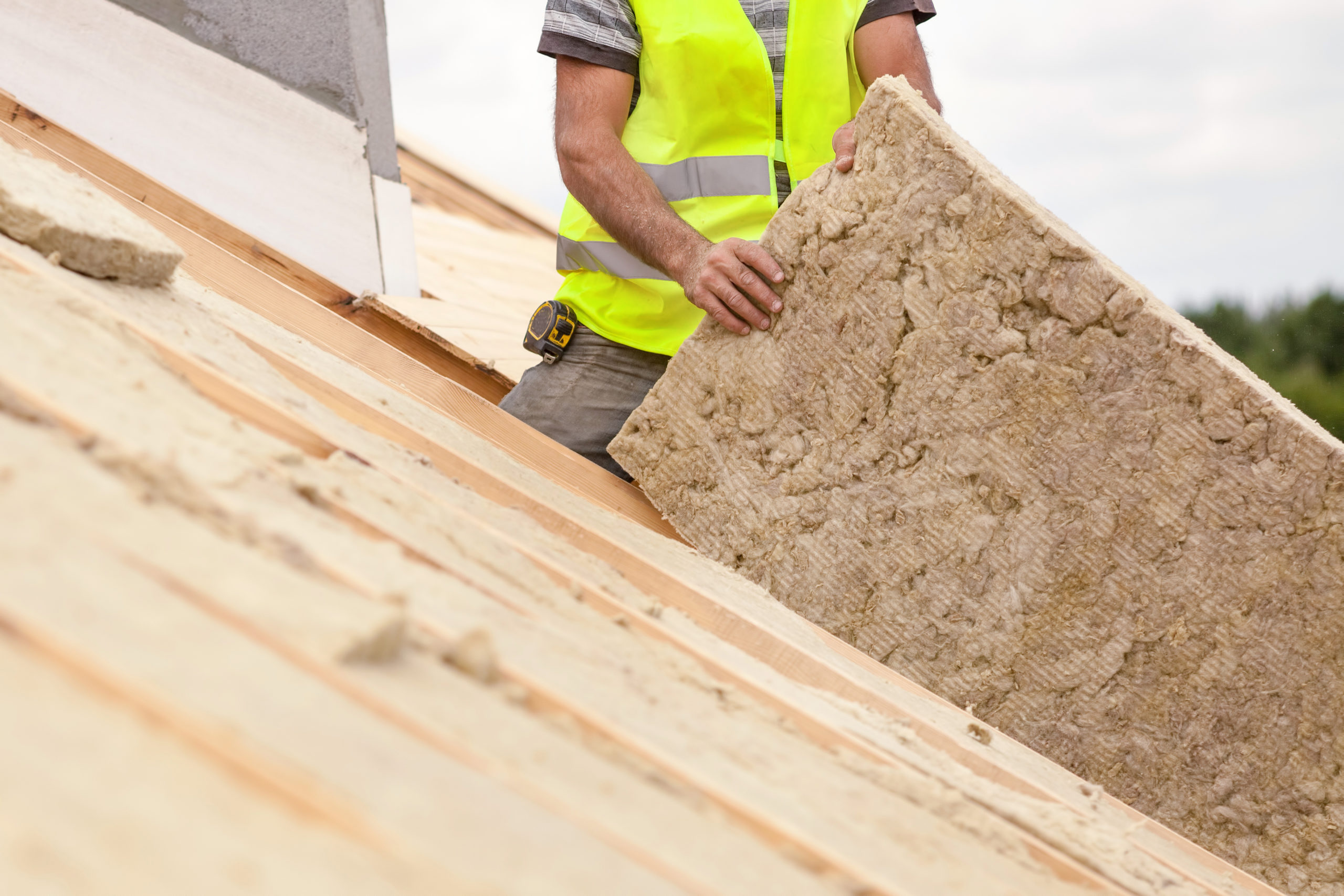
18 Sep The Ins-and-Outs of Roofing Insulation
Be it the frigid cold or the pervasive heat, sometimes it’s best that what starts outside stays outside. And only insulation can help you guarantee as much when it comes to your home’s indoor environment.
But insulation isn’t found only in your walls; rather, it’s a top-to-bottom matter.
So, when it comes to your roof, what do you need to know about insulation?
Scratching the Surface
If you’re looking for insulation material in Florida, we’re willing to bet that one of your main goals is to fend off the oppressive heat. In this case, we’d recommend metal materials for your roof, as they are energy efficient and well-suited to the Sunshine State’s climate.
In fact, “metal roofs reflect the sun’s UV and infrared light rays that contribute to roof surface radiant heat, which can result in a 10-25% reduction in cooling costs,” as reported by State Farm.
But if you wanted to stay within the realm of traditional asphalt shingles, you still have options — you just might want to look for certified COOL materials.
“For an asphalt roofing shingle to be classified as ‘COOL’ under the energy codes, it needs to have a Cool Roof Rating Council (CRRC) rating for thermal emittance and solar reflectance,” according to Owens Corning. “It also must meet the specific solar reflectance, thermal emittance and/or solar reflectance index values defined by the specific energy code.”
Digging a Little Deeper
When it comes to roof insulation, it’s not just what’s on the outside that counts. It’s also what’s beneath the surface. In other words, you need to consider the underlying insulation material and its R-value, too.
“An insulating material’s resistance to conductive heat flow is measured or rated in terms of its thermal resistance or R-value — the higher the R-value, the greater the insulating effectiveness,” the U.S. Department of Energy explains. “The R-value depends on the type of insulation, its thickness, and its density.”
Specifically, Forbes recommends that “homeowners in Florida … use insulation with an R-Value as low as R30.”
Otherwise, once you’re ready to scour the market, you’ll likely come across some of the following insulation options:
- Radiant insulation
- Insulated panels
- Rigid insulation boards
- Spray foam insulation
- And more
Staying on Top with Universal Roof & Contracting
Regardless of the weather, season, or overall climate, you deserve a well-insulated roof that keeps both you and your loved ones protected — and comfortable.
That’s why, here at Universal Roof & Contracting, we remain committed to helping you maintain, repair, or replace your forever roof!
Not only will we help you determine the best insulation type for your home, but we also offer FREE roof inspections and have served both Jacksonville and Central Florida for over 28 years, meaning we understand what it takes to help your home achieve longevity.
Ready to learn more or schedule your inspection? Simply reach out to our team today by dialing 1- 855-ROOF-HELP! You’ll find that, when you work with us, the difference is universal.



